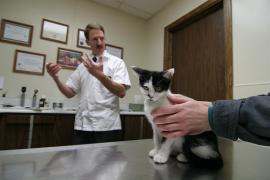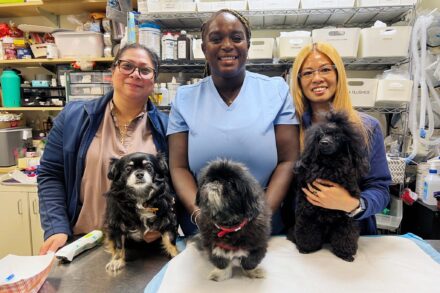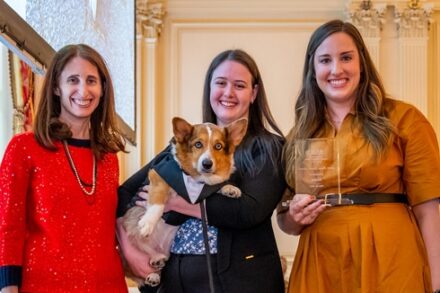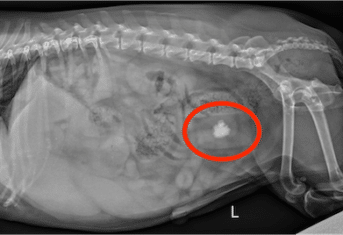Avoiding Veterinary Hospital Mistakes

Avoiding Veterinary Hospital Mistakes
Much has been made lately about a new book highlighting the commonalities between human and animal diseases. Because we share similar diseases with our animal companions, we may also share similar risks for hospital mistakes.
In the spirit of Zoobiquity, here is an adaptation to the veterinary setting of the recommendations made by Prevention magazine on avoiding human hospital mistakes.
- Check your veterinarian’s experience. You can confirm your veterinarian is fully licensed to practice medicine by checking the professional license bureau in your state. Unlike doctors for humans, veterinary interns have completed all their training and are fully licensed to practice veterinary medicine. Veterinarians selected for internships get training beyond that required for licensure. Board certified veterinary specialists are common, especially in urban areas, and can be identified through their specialty website. For a searchable list of specialties with links to each of the specialty websites, click here.
- BYOB — medication bottles that is! I can’t tell you how many times a pet owner forgets to mention a medication prescribed for their pet by their regular veterinarian or gives the name of a similar sounding medication instead of the one their pet is taking. Help avoid a prescription mistake by bringing medication bottles with you when you visit your veterinarian.
- Avoid a close call with a close shave. Stay with your pet while a small amount of fur is clipped over the lump to be surgically removed or the knee to be repaired. The shaved area will serve as a reminder to the surgeon regarding the specific site where surgery is to be performed.
- There’s safety in numbers. Bring a friend or family member with you when you visit your pet in the hospital. You and your pet will be thrilled to see each other and it will be hard to absorb all the information your veterinarian wants to communicate about your pet’s health and medical care. Your friend’s job will be to listen, take notes, and ask any questions you forget to ask the veterinarian. Once you return home, you will have the notes as a reference.
- Use the services of the veterinary hospital’s social worker. For many years I relied on The Animal Medical Center’s social worker to help pet owners make difficult treatment decisions. I could supply detailed medical information about treatment and prognosis, but needed reinforcement when families were struggling with decision making. For additional counseling resources, click here.
- Smile! You don’t have to smile at the veterinarian or veterinary technician taking care of your pet; your pet is so darn cute we can’t help but be attentive to every need of your favorite feathered friend or fluffmonster. Still, it makes our day to be appreciated with a smile or a thank you!


































